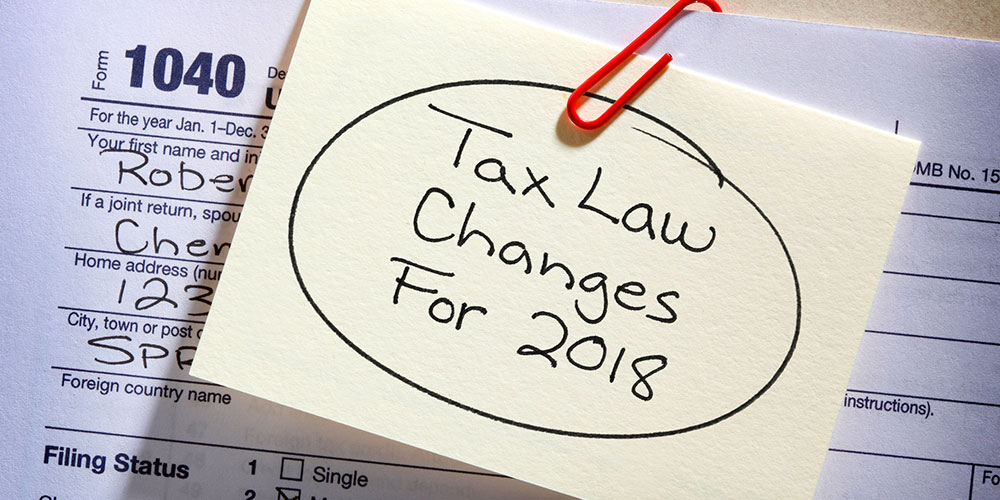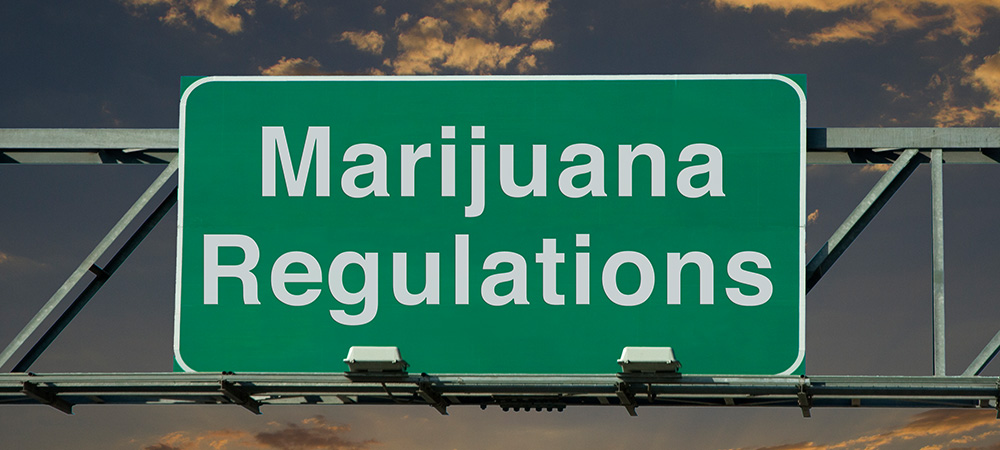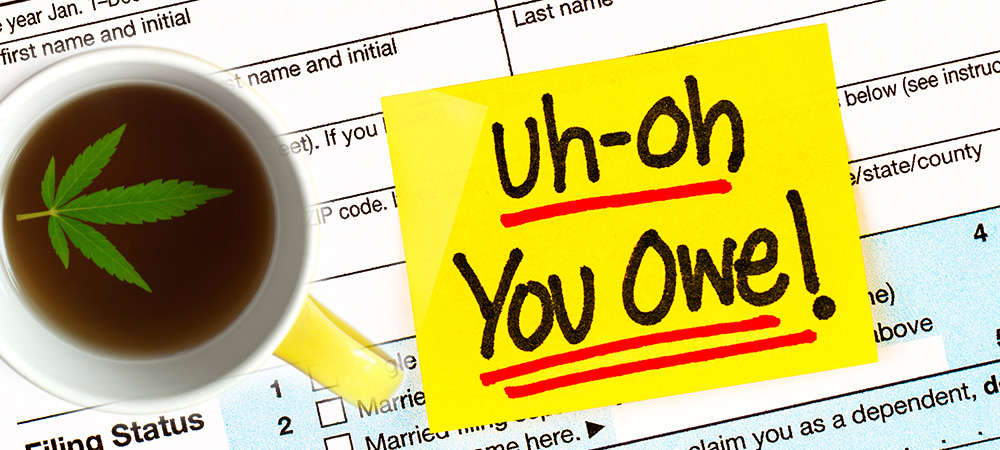How To Use 2018 Cryptocurrency Losses to Your Advantage
How To Use 2018 Cryptocurrency Losses to Your Advantage
While foreign governments are still figuring out how to tax cryptocurrencies, there are actually ways in the U.S. that U.S taxpayers can use them to their advantage to pay less taxes. This is due to Notice 2014-21 issued by the Internal Revenue Service (IRS) which treats cryptocurrencies as an investment property, rather than a currency. Thus, whenever you trade cryptocurrency, the transaction is either a capital gain (where you make money) or a capital loss (where you lose money); and any losses this year could ultimately result in a smaller tax bill. Where your capital losses exceed your capital gains, you are still allowed to deduct up to $3,000 in capital losses. Losses beyond that amount get carried over to the next year to offset capital gains before applying another $3,000 excess loss application to your other income.
For example, assume a taxpayer bought $5,000 worth of BTC in 2018. After turning that into $10,000 through trading, he later lost cash due to a dip in the markets and took a big hit, losing $9,000. So he cashed out, walking away with just $1,000. Under this scenario he lost $4,000 in 2018 of which $3,000 he can still deduct in 2018 and the other $1,000 of loss gets carried forward to 2019.
Taxation of Crypto Currency.
Notice 2014-21 provides these tax rules:
- Trading cryptocurrencies produces capital gains or losses, with the latter being able to offset gains and reduce tax.
- Exchanging one token for another — for example, using Ethereum to purchase an altcoin — creates a taxable event. The token is treated as being sold, thus generating capital gains or losses.
- Receiving payments in crypto in exchange for products or services or as salary is treated as ordinary income at the fair market value of the coin at the time of receipt.
- Spending crypto is a tax event and may generate capital gains or losses, which can be short-term or long-term. For example, say you bought one coin for $500. If that coin was then worth $700 and you bought a $700 gift card, there is a $200 taxable gain. Depending on the holding period, it could be a short- or long-term capital gain subject to different rates.
- Converting a cryptocurrency to U.S. dollars or another currency at a gain is a taxable event, as it is treated as being sold, thus generating capital gains.
- Air drops are considered ordinary income on the day of the air drop. That value will become the basis of the coin. When it’s sold, exchanged, etc., there will be a capital gain.
- Mining coins is considered ordinary income equal to the fair market value of the coin the day it was successfully mined.
- Initial coin offerings do not fall under the IRS’s tax-free treatment for raising capital. Thus, they produce ordinary income to individuals and businesses alike.
Penalties For Filing A False Income Tax Return Or Under-reporting Income.
Failure to report all the money you make is a main reason folks end up facing an IRS auditor. Carelessness on your tax return might get you whacked with a 20% penalty. But that’s nothing compared to the 75% civil penalty for willful tax fraud and possibly facing criminal charges of tax evasion that if convicted could land you in jail.
Criminal Fraud – The law defines that any person who willfully attempts in any manner to evade or defeat any tax under the Internal Revenue Code or the payment thereof is, in addition to other penalties provided by law, guilty of a felony and, upon conviction thereof, can be fined not more than $100,000 ($500,000 in the case of a corporation), or imprisoned not more than five years, or both, together with the costs of prosecution (Code Sec. 7201).
The term “willfully” has been interpreted to require a specific intent to violate the law (U.S. v. Pomponio, 429 U.S. 10 (1976)). The term “willfulness” is defined as the voluntary, intentional violation of a known legal duty (Cheek v. U.S., 498 U.S. 192 (1991)).
And even if the IRS is not looking to put you in jail, they will be looking to hit you with a big tax bill with hefty penalties.
Civil Fraud – Normally the IRS will impose a negligence penalty of 20% of the underpayment of tax (Code Sec. 6662(b)(1) and 6662(b)(2)) but violations of the Internal Revenue Code with the intent to evade income taxes may result in a civil fraud penalty. In lieu of the 20% negligence penalty, the civil fraud penalty is 75% of the underpayment of tax (Code Sec. 6663). The imposition of the Civil Fraud Penalty essentially doubles your liability to the IRS!
Voluntary Disclosure – The Way To Avoid Criminal Fines & Punishment
The IRS has not yet announced a specific tax amnesty for people who failed to report their gains and income from Bitcoin and other virtual currencies but under the existing Voluntary Disclosure Program, non-compliant taxpayers can come forward to avoid criminal prosecution and negotiate lower penalties.
What Should You Do?
With only several hundred people reporting their crypto gains each year since bitcoin’s launch, the IRS suspects that many crypto users have been evading taxes by not reporting crypto transactions on their tax returns. Don’t delay because once the IRS has targeted you for investigation – even if it is a routine random audit – it will be too late voluntarily come forward. Let the tax attorneys at the Law Offices Of Jeffrey B. Kahn, P.C. located in Orange County (Irvine), San Francisco Bay Area (including San Jose and Walnut Creek) and offices elsewhere in California get you set up with a plan that may include being qualified into a voluntary disclosure program to avoid criminal prosecution, seek abatement of penalties, and minimize your tax liability. Also, if you are involved in cannabis, check out how our cannabis tax attorneys can help you.











 Follow
Follow Follow
Follow